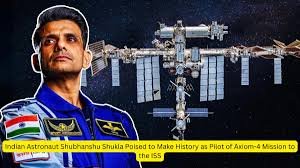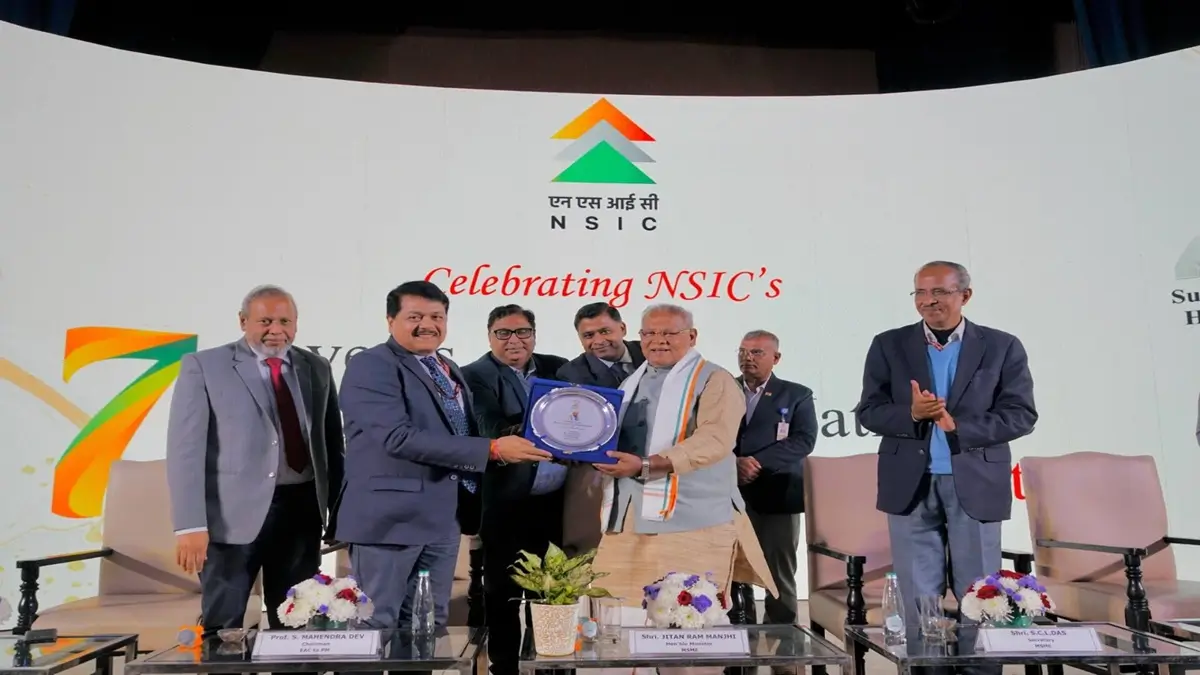Shubhanshu Shukla: India’s First Astronaut to Pilot Axiom-4 to ISS
Introduction to Shubhanshu Shukla’s Historic Mission
Shubhanshu Shukla, an Indian-born astronaut, has made history by becoming the first Indian to pilot the Axiom-4 mission to the International Space Station (ISS). This achievement marks a significant milestone in India’s space exploration journey, showcasing the country’s growing influence in the global space community. The Axiom-4 mission, operated by Axiom Space, is part of NASA’s commercial crew program, which aims to increase private sector involvement in space exploration.
Details of the Axiom-4 Mission
The Axiom-4 mission is scheduled to launch from the Kennedy Space Center in Florida. Shukla will command the spacecraft, and his primary role will be to ensure a successful docking with the ISS. The mission will carry several crew members who will be conducting scientific research and experiments aboard the ISS. The Axiom-4 mission is expected to be a crucial step toward facilitating more private sector partnerships in space exploration, with a focus on research, technology, and international cooperation.
Shubhanshu Shukla’s Background and Achievements
Shubhanshu Shukla’s journey to becoming an astronaut began with his academic excellence and passion for space science. He holds advanced degrees in engineering and has been a part of numerous space-related programs before being selected for the Axiom-4 mission. His expertise in aerospace engineering and leadership abilities were key factors in his selection for this prestigious mission. Shukla’s training involved rigorous simulations and space mission operations, ensuring his readiness for the challenges of space travel.

Why This News is Important
Global Recognition for India’s Space Aspirations
India’s space program has grown rapidly in the past few decades, with remarkable achievements such as the Mars Orbiter Mission (Mangalyaan) and the Chandrayaan missions to the Moon. However, the selection of an Indian astronaut to pilot a mission to the ISS reflects India’s increasing presence in the international space community. This historic event signals that India is not just a passive participant in space exploration but is actively shaping the future of global space missions.
Fostering Private Sector Involvement in Space Exploration
The Axiom-4 mission is a part of NASA’s broader strategy to include private companies in the process of space exploration. This collaboration opens new avenues for research and development and fosters international partnerships. For students preparing for government exams, this development highlights the growing importance of the private sector in the space industry, which could influence future policies and job opportunities in India’s space and aerospace sectors.
Inspiration for Future Space Careers in India
Shubhanshu Shukla’s accomplishment will inspire young students and aspiring astronauts in India to pursue careers in space science and technology. The growing demand for astronauts, engineers, and space scientists will encourage educational institutions to offer specialized programs, leading to more career opportunities in this field.
Historical Context: Background Information
India’s Space Exploration Milestones
India’s space exploration journey began in 1962 with the formation of the Indian National Committee for Space Research (INCOSPAR), which later became the Indian Space Research Organisation (ISRO). The launch of the first Indian satellite, Aryabhata, in 1975 was a groundbreaking achievement, positioning India as a key player in the global space industry. Over the years, ISRO has achieved several significant milestones, such as launching a successful mission to Mars, placing satellites in orbit, and developing the GSLV (Geosynchronous Satellite Launch Vehicle).
The collaboration between India and other space agencies, such as NASA and the European Space Agency, has been growing steadily. India’s increasing engagement with the private sector, such as the Axiom-4 mission, shows a new phase of space exploration that involves commercial entities.
NASA’s Commercial Crew Program
NASA’s Commercial Crew Program was established to foster the involvement of private companies in human spaceflight, reducing reliance on government spacecraft like the Space Shuttle. This program has allowed commercial companies like SpaceX and Axiom Space to develop spacecraft capable of transporting astronauts to the ISS. The collaboration between private and public entities is expected to result in cost-effective, efficient, and innovative solutions for future space missions.
Key Takeaways from Shubhanshu Shukla’s Mission
| Serial Number | Key Takeaway |
|---|---|
| 1 | Shubhanshu Shukla becomes the first Indian to pilot a mission to the ISS aboard Axiom-4. |
| 2 | The Axiom-4 mission will contribute to scientific research aboard the ISS and promote private sector involvement in space exploration. |
| 3 | The mission is a significant achievement for India, further establishing the country as a key player in global space exploration. |
| 4 | India’s space sector is expected to grow, with more private companies likely to partner with government agencies in the future. |
| 5 | Shubhanshu Shukla’s selection as commander of Axiom-4 highlights the importance of advanced engineering and space mission training in modern space exploration. |
Important FAQs for Students from this News
1. Who is Shubhanshu Shukla?
Shubhanshu Shukla is the first Indian astronaut to pilot the Axiom-4 mission to the International Space Station (ISS). He is a trained aerospace engineer with extensive experience in space mission operations.
2. What is the Axiom-4 mission?
The Axiom-4 mission is a private spaceflight launched by Axiom Space as part of NASA’s Commercial Crew Program. It involves sending a crew of astronauts, including Shubhanshu Shukla, to the ISS to conduct research and experiments.
3. Why is Shubhanshu Shukla’s mission significant for India?
Shubhanshu Shukla’s mission is significant because it marks the first time an Indian astronaut will pilot a spacecraft to the ISS. This achievement highlights India’s growing role in global space exploration and the increasing involvement of private companies in space missions.
4. What is NASA’s Commercial Crew Program?
NASA’s Commercial Crew Program is designed to foster the development of private spaceflight vehicles that can transport astronauts to and from the ISS. This program allows private companies like SpaceX and Axiom Space to contribute to space missions, reducing reliance on government-funded spacecraft.
5. How will Shubhanshu Shukla’s mission impact India’s space industry?
Shubhanshu Shukla’s mission is likely to inspire many young Indians to pursue careers in space science and technology. It also paves the way for further collaboration between India’s space agency, ISRO, and private companies in future space endeavors.
Some Important Current Affairs Links

















